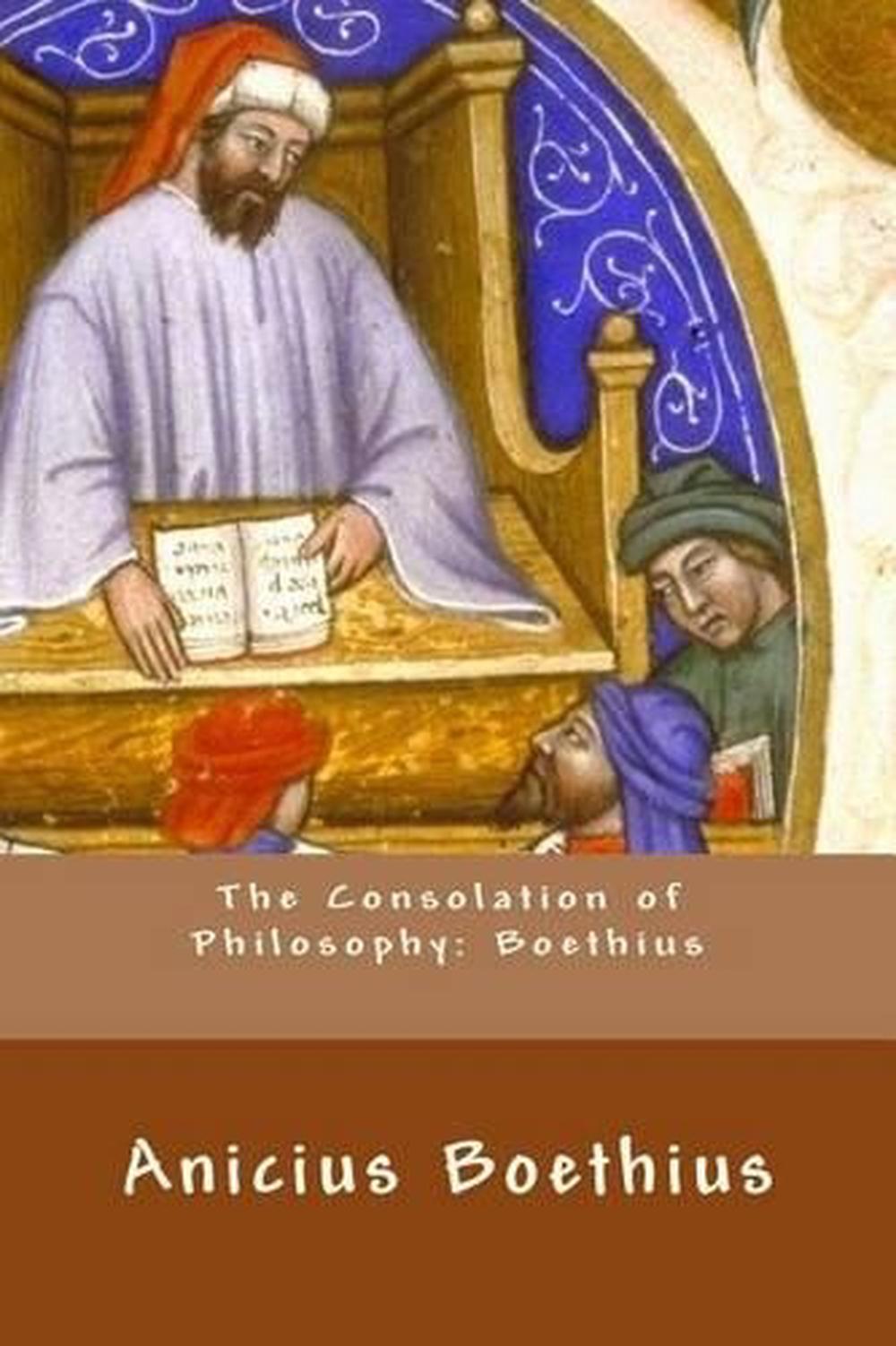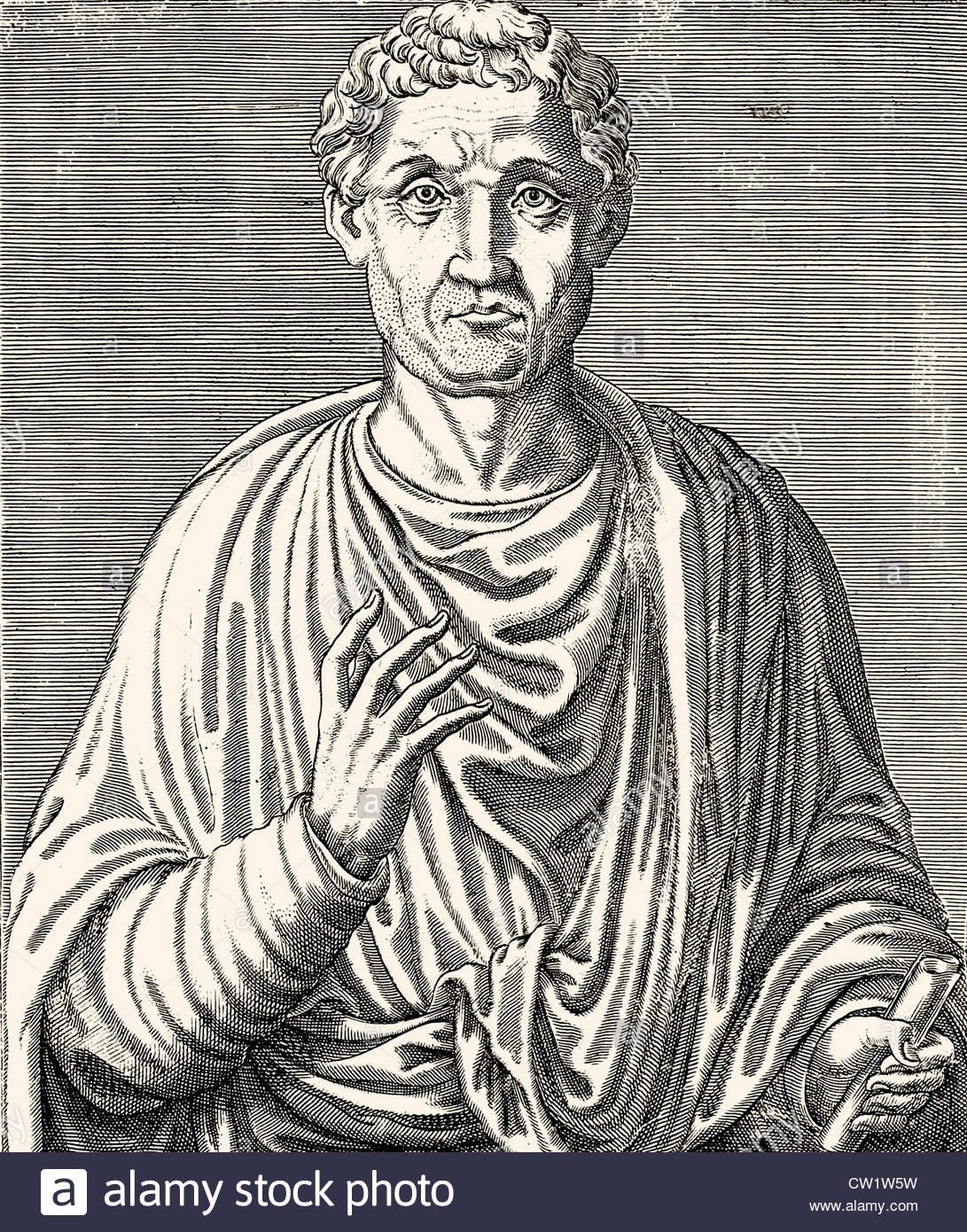


Boethius, The Consolation of Philosophy Boethius’ Family Backgroiundīoethius was probably born in the early eighties of the 5th century. “Wherefore not without cause has one of your own followers asked, “If God is, whence come evil things? If He is not, whence come good?” As the author of numerous handbooks and translator of Aristotle, he became the main intermediary between Classical antiquity and following centuries. Boethius is best known for his Consolation of Philosophy, a philosophical treatise on fortune, death, and other issues, which became one of the most popular and influential works of the Middle Ages. Note: Medieval illustraion of Anicius Manlius Severinus Boëthius (a late-antique philosopher).Īccording to the definition of Pope Leo XIII, on October 23, either between 475 and 477 AD, or in the early 480s, Roman senator, consul, magister officiorum, and philosopher of the early 6th century Anicius Manlius Severinus Boëthius was born.


So the apparently random turns of Fate that people suffer are still part of a greater plan ( God’s Providence), and what throws one person off-balance might be God’s way of maintaining balance in the world as a whole.De institutione musica by Boethius, 12th century, Cambridge University Library. While individual human beings experience the ups and downs of their fortunes as random, unpredictable, and disorderly, in reality Fortune is turning her wheel constantly and mechanically. In addition to directly explaining why Fortune is an untrustworthy master-and why people should not tie their happiness to their material success or reputations-the “wheel of fortune” metaphor also shows how, according to Boethius’s portrayal of Philosophy, even seemingly-random events actually follow the universe’s deeper, more fundamental order. Through this metaphor, then, Philosophy explains why Boethius should not agonize over the series of events that have led him to a prison cell and death sentence. Because “the top to the bottom and the bottom to the top,” all luck-good and bad-is temporary and changeable. It rotates vertically like a Ferris wheel, and everyone is subject to it all the time: as Fortune moves her wheel, people move up and down, going from success to ruin and back again. While in popular culture the “wheel of fortune” is usually associated with the promise of winning a “fortune” through gambling or random chance, its meaning was rather different for Boethius. The goddess Fortune and her treacherous wheel are a symbolic representation of Philosophy’s argument about true versus misleading sources of human happiness. Although perhaps best known to contemporary audiences through the television show of the same name, the concept of a “wheel of fortune” has appeared in art and literature for at least 2,000 years, since well before Boethius wrote The Consolation of Philosophy.


 0 kommentar(er)
0 kommentar(er)
